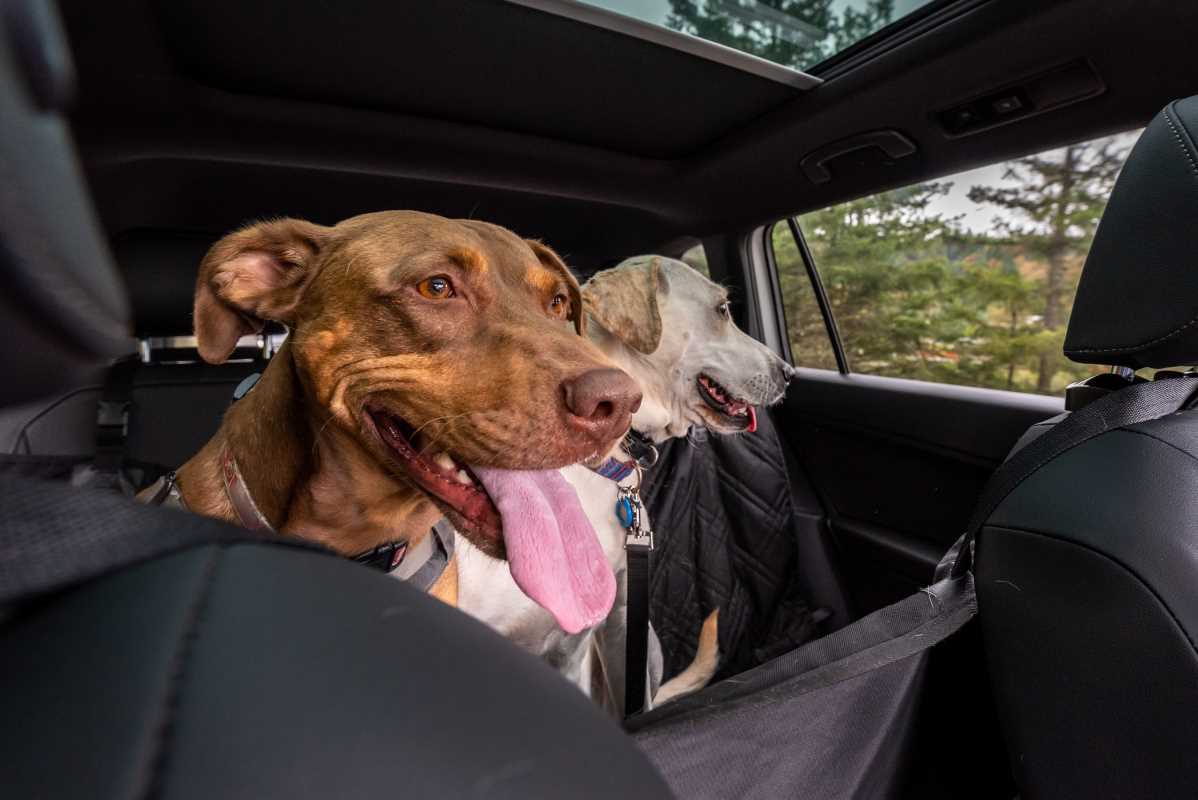Loading up the car for a weekend camping trip brings a sense of anticipation, especially with your loyal pet ready to join the fun. Organizing a getaway that offers both relaxation and excitement ensures that every family member, including your dog or cat, enjoys the journey. As you prepare, remember to pack items that keep your pet comfortable, such as soft bedding, spare towels, and familiar toys that remind them of home. With every detail in place, you set the stage for peaceful mornings by the water and cozy nights gathered around the campfire, making memories together under the open sky.
Beyond the basics, choosing the right destination sets the tone for a smooth getaway. Scouting sites that welcome four-legged pals can add a layer of ease to your vacation. You’ll want places with gentle hiking trails, grassy spots to play fetch, and nearby water for splashing around. We’ve picked a handful of spots that combine natural beauty with pet-friendly perks so that everyone feels included in the fun.
Top Pet-Friendly Camping Destinations
- Yosemite National Park, California: Designated dog-friendly trails and campgrounds allow you to explore granite cliffs together. Camp at Lower Pines for flat sites and easy access to the riverbank for your pup’s bath time.
- Assateague Island National Seashore, Maryland: Horses roam freely on the beach, while pets can romp off-leash. Saltwater swims give them a chance to cool off and chase waves.
- Acadia National Park, Maine: With miles of carriage roads and family-friendly loops, it’s simple to include your dog in sunrise hikes. Bar Harbor offers pet-friendly restaurants if you want a night out.
- Big South Fork National River and Recreation Area, Tennessee/Kentucky: Quiet creekside campsites and varied terrain make it a top pick. Your dog can splash through shallow rapids or rest under oak trees.
- Riverside State Park, Washington: Trails wind along the Spokane River, and campgrounds are a short stroll from sandy beaches perfect for fetch games.
Essential Packing Tips for Pets
- Leash, Harness, and ID Tags: Secure collars with updated tags and a sturdy leash. A harness provides more control on uneven trails and prevents neck strain.
- Portable Water Bowl and Filter: Collapsible bowls save space, and a lightweight filter lets you refill from streams without worry.
- First-Aid Kit Adapted for Pets: Include tweezers, paw balm, bandages, and antiseptic wipes. Knowing how to patch a small cut can save a vet visit.
- Weather-Appropriate Gear: Pack a cooling vest for hot days or a raincoat with reflective strips. Wet nights can get chilly, so a small pet blanket helps keep them warm inside the tent.
- Waste Bags and Scooper: Carry more than you think; some parks have limited disposal options. Cleaning up shows respect for other campers and wildlife.
- Toys and Comfort Items: A familiar chew toy or snuggly blanket eases anxiety when they’re in a new environment.
Family Activities and Safety Measures
Begin the day with a group walk that winds through pine forests or along riverbanks. Kids and pets both get fresh air and exercise, then you can set up a picnic brunch using portable stoves. Keep energy-packed treats on hand to reward good behavior. If you spot wildlife, calmly guide your pet away—loud noises can keep local critters at a safe distance.
Never leave pets unattended, even if they seem comfortable in their cozy kennels. Unfamiliar sounds at night can trigger curious sniffing, leading them beyond the campsite boundaries. Always check for ticks after hikes, especially in damp, shaded areas. A quick brush-down prevents irritating bites, and you’ll spot any debris stuck in their fur before it becomes a problem.
Accommodation and Campsite Recommendations
Look for sites labeled “pet-friendly camping” when booking online or through park services. Some locations set aside specific loops for pet owners—those spots often include extra features, like nearby dog parks or fenced-in play areas. If you prefer a fully equipped cabin, choose ones with sturdy screens on windows and metal doors that keep critters out.
Group campsites allow extended families to spread out gear and still stay close. Ask about electrical hookups in case you use battery-operated pet warmers or mobile feeders. For desert destinations, watch afternoon temperatures; rocks can heat up quickly and burn paws. A shaded platform or raised cot gives pets a cool place to rest away from hot soil.
Discover Eco-Friendly Resorts That Welcome Pets And Kids
Some resorts combine sustainable practices with a warm welcome for families and furry companions. They install solar lighting along trails and use recycled materials for cabins, so you enjoy comfort while treading lightly on the land.
Established as top pet-friendly destinations, these spots feature designated dog beaches, on-site waste stations, and staff who share the best walking routes. You’ll find themed nature walks, interactive wildlife talks for kids, and pet playdates on weekends. Each visit supports local conservation efforts, and you leave knowing you had fun and respected the ecosystem.
Tips for Managing Pet Health Outdoors
Watch their body temperature to prevent heatstroke. Shady areas and frequent water breaks keep dogs cool. Cats might prefer a screened enclosure or portable carrier with fresh air flow and a soft liner. Limit midday activity when heat peaks, and plan morning or evening adventures.
Stay alert for signs of fatigue or dehydration. Panting, drooling, and stumbling indicate they need rest and water. Even if the day feels mild to you, pets tire faster in new surroundings. Offer them a treat break every 20–30 minutes and let them set the pace. That way, you extend playtime and prevent over-exertion.
As the campfire dims and stars appear, you'll see how well the day went. Planning helps everyone, paws included, enjoy nature together.







